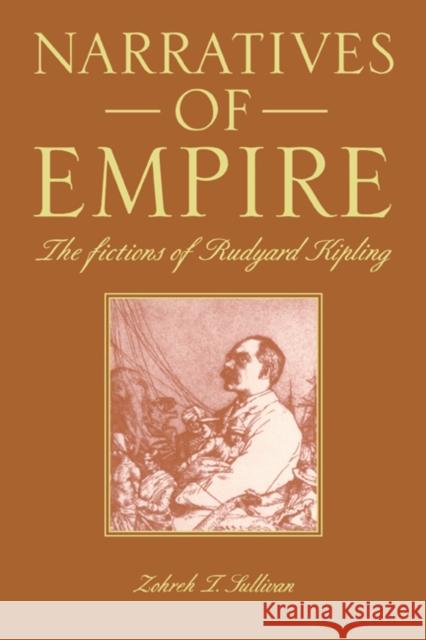Narratives of Empire: The Fictions of Rudyard Kipling » książka
Narratives of Empire: The Fictions of Rudyard Kipling
ISBN-13: 9780521434256 / Angielski / Twarda / 1993 / 216 str.
Narratives of Empire: The Fictions of Rudyard Kipling
ISBN-13: 9780521434256 / Angielski / Twarda / 1993 / 216 str.
(netto: 403,71 VAT: 5%)
Najniższa cena z 30 dni: 418,79
ok. 22 dni roboczych.
Darmowa dostawa!
Writers whose work reflects the experience of empire betray the anxieties and contradictions at the heart of the imperial enterprise. Zohreh T. Sullivan's reading of Rudyard Kipling's writings about India expands our sense of colonial discourse and recovers the cultural context and recurring tropes in his early journalism and fiction, in Kim, and in his late autobiography. She charts the fragmentation of Kipling's position as child, as colonizer and as 'poet of empire', finding in his representation of childhood's loss the site of repressed and disavowed desires and fears that resurface in later work. In using Kipling's troubled intimacy with empire as the link between history and narrative, Sullivan sees in Kipling's ambivalence his negotiation between the desire for union with his golden 'best-beloved' India and the historic imperatives of separation from it.











